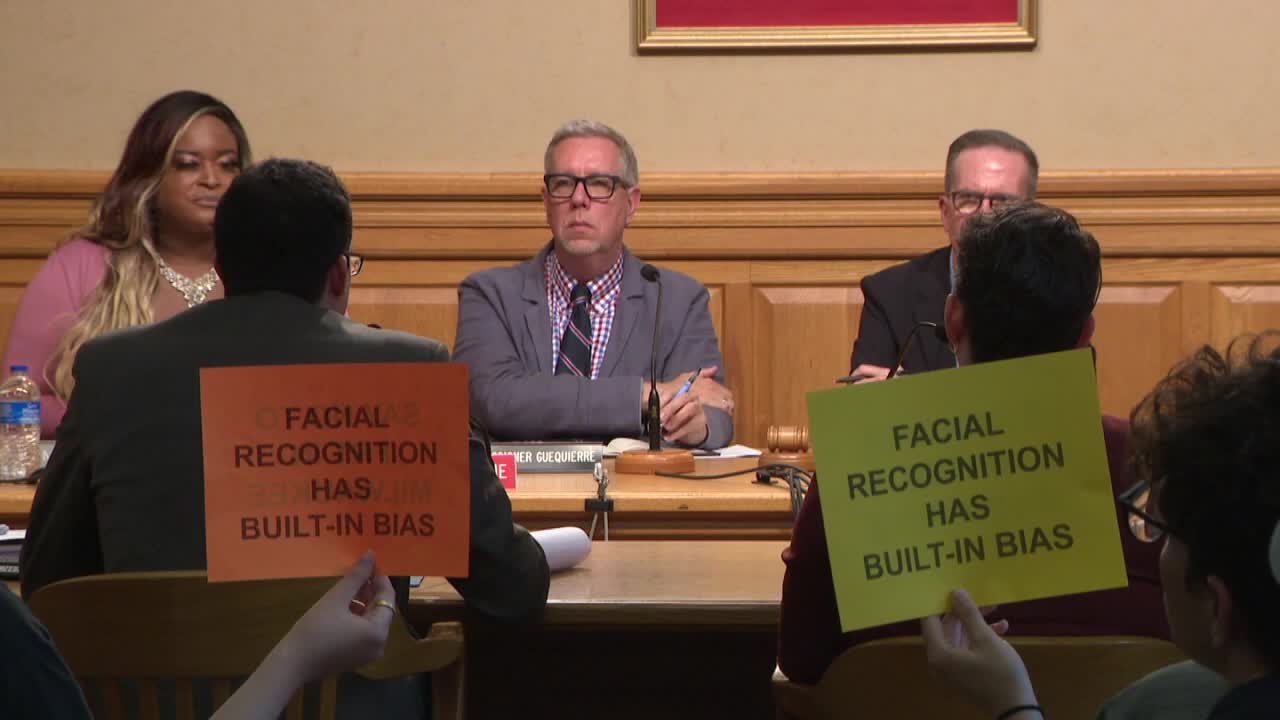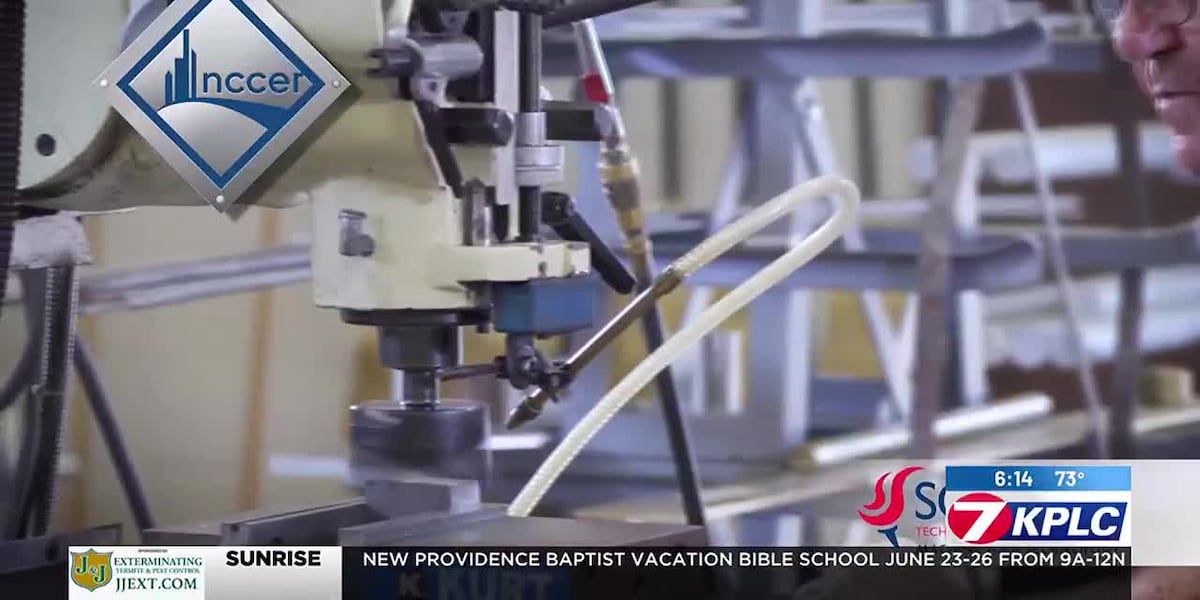Tech in Education: Bridging the Gap in South Africa – Opportunities & Challenges

The Rise of Technology in South African Education
The South African education landscape is undergoing a significant transformation, largely driven by the increasing integration of technology. From online learning platforms to interactive digital tools, technology is offering unprecedented opportunities to enhance learning experiences and, crucially, bridge the persistent education gap that affects many communities. This shift isn't just about incorporating gadgets; it's about reimagining how we teach and learn, making education more accessible, engaging, and relevant for all South African learners.
Bridging the Education Gap: How Technology Helps
Historically, disparities in access to quality education have been a major challenge in South Africa. Geographical limitations, socioeconomic factors, and a shortage of qualified teachers have all contributed to this gap. Technology provides a powerful means to address these issues:
- Accessibility: Online learning platforms allow students in remote areas to access educational resources and participate in lessons, regardless of their location.
- Personalized Learning: Digital tools can adapt to individual learning styles and paces, providing customized support and challenges.
- Resource Augmentation: Technology can supplement traditional teaching methods with interactive simulations, videos, and online libraries, enriching the learning experience.
- Teacher Support: Digital resources and training programs can empower teachers with the skills and tools they need to deliver effective instruction.
Challenges Remain: Infrastructure & Beyond
While the potential of technology in education is undeniable, significant challenges remain. One of the most pressing is the lack of adequate infrastructure, particularly in underserved areas. Reliable internet access and sufficient devices (laptops, tablets) are essential for effective technology integration. Addressing this requires:
- Investment in Infrastructure: Government and private sector investment in broadband connectivity and device procurement are crucial.
- Digital Literacy Programs: Training programs are needed for both teachers and students to ensure they can effectively utilize technology for learning.
- Content Localization: Educational content needs to be adapted to the South African context and available in local languages.
- Maintenance & Support: Sustainable maintenance and technical support systems are required to ensure the longevity and reliability of technology infrastructure.
The Future of Education in South Africa
The journey towards a technology-enhanced education system in South Africa is ongoing. It requires a collaborative effort involving government, educators, parents, and the private sector. By addressing the challenges head-on and embracing the opportunities, we can leverage technology to create a more equitable and effective education system that empowers all South African learners to reach their full potential. The focus should be on creating a blended learning environment that combines the best of traditional teaching methods with the innovative capabilities of technology, ultimately preparing students for the demands of the 21st-century workforce.
Ultimately, the successful integration of technology in education is not just about adopting new tools; it's about fostering a culture of innovation, collaboration, and lifelong learning.






